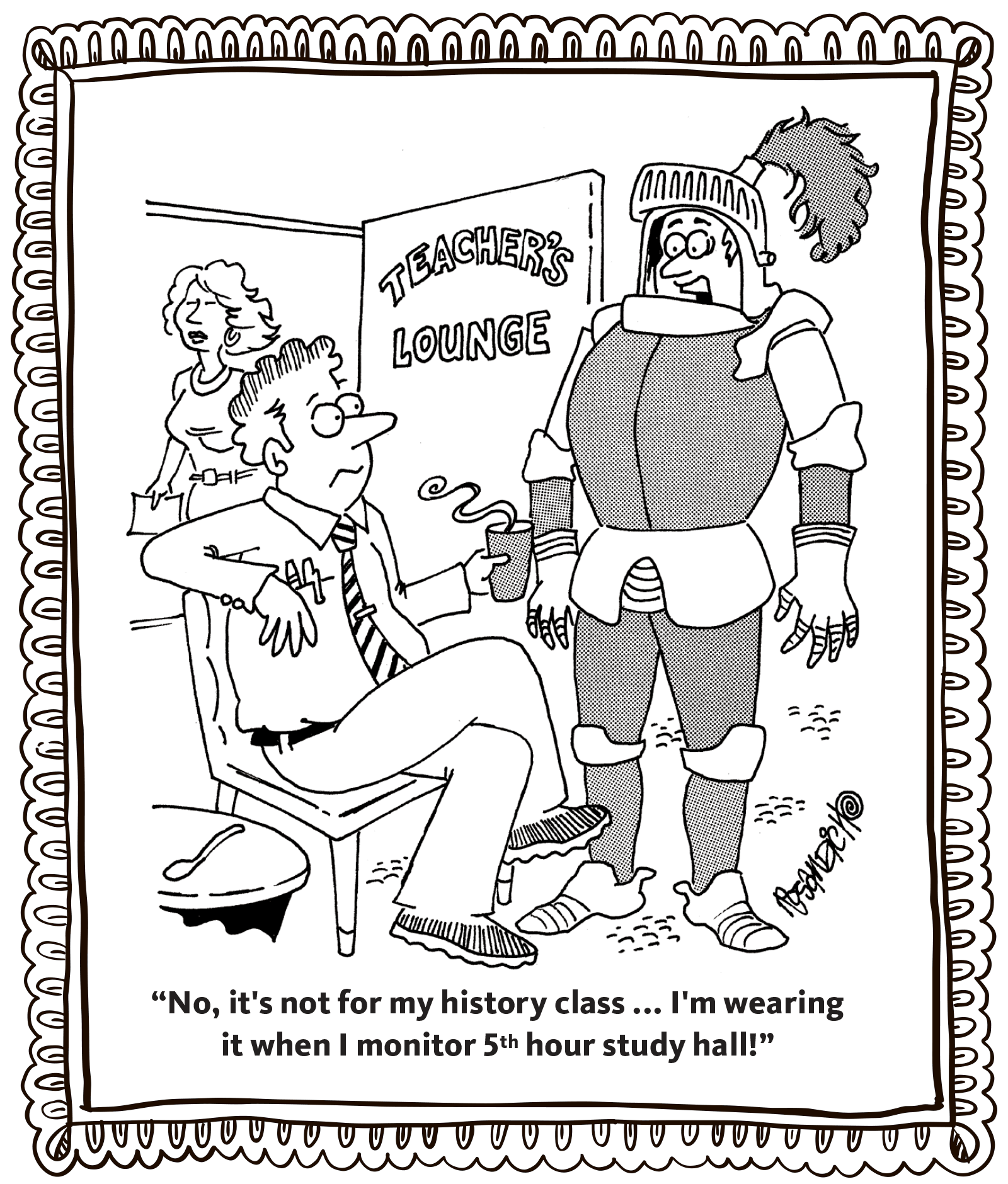Most students don’t think about their study skills until the strategies they’re using stop working. They most likely memorize terms, review class notes, and perhaps give the textbook a cursory skim. For a while, students can get by with strategies like these. But, when it’s time to think critically—to determine which of two very similar multiple-choice items is the better choice or to craft a short answer that’s more than a regurgitation of everything they can think of that relates to the topic, for example—they run into trouble. Their answers come up short, and they’re left confused and maybe even angry.
After noticing this pattern plague many of my students, I decided to introduce a new approach: rather than focusing on study skills before an exam, I taught my class how to evaluate their study skills after an exam. Here are some questions I encouraged my students to ask themselves in the aftermath of a less-than-stellar exam score.
- Did I spend enough time studying? Sometimes, it’s only when they’re faced with sub-par scores that our students realize that cramming is not effective. This is the best time to map out a different study schedule for the next exam—a schedule that begins the week before the exam instead of the night before and allows for multiple small blocks of studying instead of one overwhelming chunk.
- Did I study the right way? Students are exasperated when they put in hours of what they consider “study time” only to do poorly on an exam. Often, their method is the problem. Flashcards are great for definitions and vocabulary, but not so great for short-answer questions. Reviewing concepts aloud may prepare a student for an essay test, but cause him to fall short on a detail-oriented, multiple-choice exam. If students know the format of a test ahead of time, they’re better able to prepare appropriately. Teaching our students that different types of questions require different study methods can help them not only study better but master the material better as well.
- Did I multitask? While not every student needs absolute quiet in order to study, minimizing distractions—interruptions in particular—plays a key role in actually understanding the material. We may lose the battle when it comes to muting our students’ music, but that’s okay. It’s more important that we win the war against texting while studying. Every time that little texting notification chime dings, it inspires a brief interruption from which it can take more than ten minutes to recover. Helping students understand that interruptions undercut their success could possibly be the best contribution we make to teaching them more efficient study methods.
- What kinds of questions did I get wrong? Often, students think they know the material because they can spit back definitions and vocabulary, but when they’re asked to apply concepts, they come up short. Have students compare their answers on questions requiring merely recall (definitions) vs. those that require depth of thought (explain your answer). Finding a pattern of errors can reveal difficulty with a concept, process, or type of exam question. In some cases, students might even need explicit instruction regarding how to approach particular types of questions.
- Where’s the gap between what I know and what I show? When students review the errors on their exams, which questions elicit the “but I knew that!” response? Figuring out what happened between the studying and the answering can help students figure out where the bridge between studying and test-taking failed. Did they read questions quickly instead of carefully? Did they offer an opinion but fail to support it? Helping students to understand the difference between surface and substance is key, as is clarifying our expectations when we use terms like “explain” or “compare and contrast.”
For many students, not studying “enough” doesn’t mean not putting in the time or the effort, but rather not delving deeply enough into the material. Until we teach our students to do a little detective work specific to their own performance, they’ll continue to study as they always have and remain mystified by the grades they receive.
A retired school counselor, Lisa Lawmaster Hess teaches psychology at York College of Pennsylvania. Lisa is the author of Acting Assertively, Diverse Divorce, and two novels. Her latest book is Know Thyself: The Imperfectionist’s Guide to Sorting Your Stuff.
